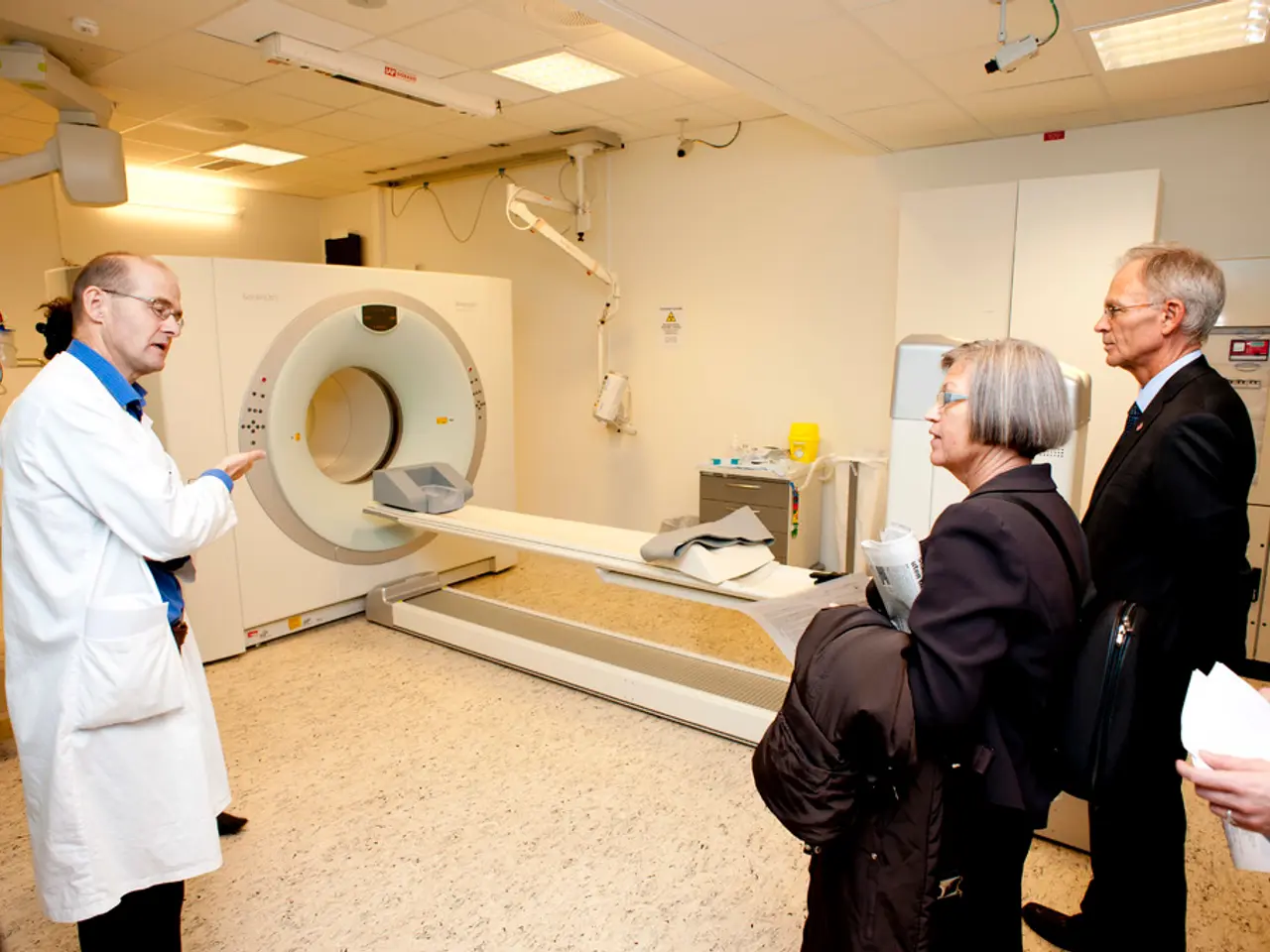Importance of Care Approach Sensitivity to Trauma Experiences
In the realm of healthcare, a shift in perspective is taking place, one that prioritizes the individual's experiences and well-being above all else. This approach is known as trauma-informed care.
According to the Substance Abuse and Mental Health Services Administration (SAMHSA), trauma is the result of events, series of events, or sets of circumstances that are experienced as physically or emotionally harmful or life-threatening. These experiences can have lasting adverse effects on an individual's mental, physical, social, emotional, and spiritual well-being.
Trauma-informed care is an approach that acknowledges this reality. It emphasizes collaboration and teamwork, ensuring no party holds more power than the other. The goal is to build trust with the individual, who is the driver on each decision.
The first principle of trauma-informed care is safety. This aim is to ensure that individuals feel physically and psychologically safe at their appointment. A visit to a doctor should be a safe space for discussing physical, emotional, and mental needs.
Trauma-informed care also involves recognising personal biases and stereotypes, as these can hinder effective care. It encourages engagement in healthcare, empowering individuals to take an active role in their treatment.
Improvement in long-term health outcomes is a significant benefit of trauma-informed care. Symptoms of trauma may include being hyper-vigilant or easily startled, having difficulty paying attention or concentrating, portraying negative thoughts about themselves or the world, feeling guilt or blame, and losing interest in enjoyable activities. By addressing these symptoms, trauma-informed care can lead to a better quality of life.
Trauma-informed care also extends beyond the doctor's office. It includes peer support, connecting individuals with resources in the community where they can get support from others who have gone through or are going through the same traumatic experience.
Organisations involved in trauma-oriented care include the Network for Emergency Psychology of the German Psychological Association (BDP), patient advocacy networks such as the Patient Network NRW, and regional nonprofit organisations like MainLichtblick e.V. These organisations focus on de-escalating treatment methods, timely psychological support, patient-centered and equitable healthcare, improving mental health service accessibility, and fostering individual empowerment and social inclusion for trauma-affected populations.
Perhaps the most transformative aspect of trauma-informed care is its shift in focus. Instead of asking "What's wrong with you?", it asks "What happened to you?" This simple change in question reflects a fundamental shift in how we care for people, aiming to treat everyone with empathy and help them heal from their experiences.
In essence, trauma-informed care provides a treatment plan that works for each individual, ensuring a better quality of life. It's an approach that recognises the impact of trauma, fosters trust, and empowers individuals to take control of their healthcare journey.
Read also:
- Identifying Sinus Infection Type: Discerning between Viral and Bacterial Sinusitis
- Exploring Colostrum's Storage Duration at Ambient Conditions: A Detailed Handbook
- Bishop expresses that Respect Life Month holds additional significance during the Jubilee Year
- Protesters personally deliver correspondence to Fetterman's workplace








